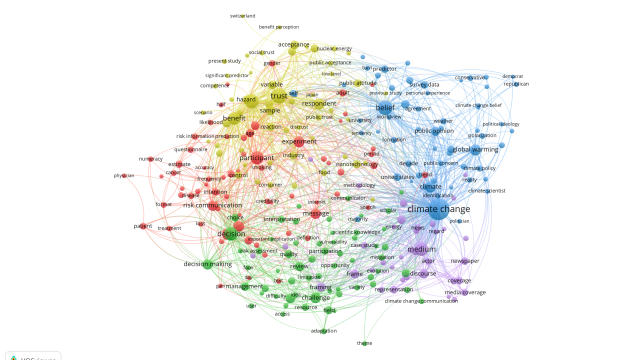Are the European farmer protests evidence of a green backlash?
Imposing policy without the engagement of the impacted groups will undermine its implementation.

Farmers in Europe and India have a history of protest. In the year of elections these protest have big implications for green economy policies, heightening the political risk and implications as farmers go to the polls in in the EU, India and beyond. Farmers can represent a significant challenge to governments as they navigate the tricky, but necessary transition to healthy, sustainable food production. As the need to carbonise hits farmers or motorists it’s important that we recognise that deep engagement is a prerequisite to policy change if we are to reform eco-social contracts for the better.
In response to “widespread demonstrations” by farmers in France, Germany, Belgium and Italy the European Commission altered the EU 2040 decarbonisation roadmap, removing a 30% reduction target for methane, nitrogen and other gases linked to farming. While some cite this as evidence that green policies are unpopular and a political liability, I think this instead tells a broader story about the health of our politics and the deeper trends informing how people are feeling about climate issues.
“ When voters are already feeling alienated, disenfranchised and failed by existing parties, then they feel little point in airing their grievances via mainstream political channels.”
Like all protests, the recent blockades signal discontent and represent a failure of the current economic political settlement. The food and farming sector has been battered in recent years by relentless cost inflation, as unpredictable extreme weather has reduced crop yields, global instability has driven up transport costs, and powerful agri-businesses squeeze prices.
In this context, a policy designed to help farmers in the long term by imposing additional costs in the short term, enacted from above at a time when many are struggling to keep their businesses viable, is unlikely to be welcomed. Populist parties have jumped on this tension by portraying climate and biodiversity targets as a luxury, not as solutions that will help everyone sustain their livelihoods, traditions and communities.
Green policies are increasingly being portrayed as appealing only to a certain category of voter: university-educated, technocratic, city-dwelling, liberal, “elite”. Imposing policy from above without engagement is always a recipe for trouble, and when voters are already feeling alienated, disenfranchised and failed by existing parties, then they feel little point in airing their grievances via mainstream political channels. “We don’t have any other possibilities but to protest,” says Sebastien Geens, one of the 1,500 farmers protesting earlier this year.
If we are to decarbonise and address inequality, we need to move out of this positioning and polarisation. While good messaging can help increase support for climate policies – as in this excellent work by Yale Climate Communications and Climate Outreach – this in itself is not enough in the face of deeper trends that are re-shaping people’s identities.

Deep engagement has to be part of the solution, via such participatory mechanisms outlined in our 2023 Eco-Social Contracts report, that can lead to genuine rebuilding of social capital, connections and community. But there are no short cuts and no alternatives. When the changes required to transition our economies and the prize for societies are so massive, we cannot tinker around the edges and hope to get by. For a fairer settlement we need more engagement across social groups. This will of course take time; but arguably there is no alternative. Without such engagement, transformative policies will not land, will not succeed and will not endure. We need transformative organising
along the lines of initiatives like One Million Conversations, and GEC Dialogues.
By failing to engage with communities, we are doing a disservice to the difference that we want to effect. We are also failing to engage with what people care about and with who they care about. Messages matter, as do the messengers, and if we fail to understand the bonds that connect people and how they realise their values, we have little chance in creating a better future for us all.
- Jean McLean, Green Economy Coalition


